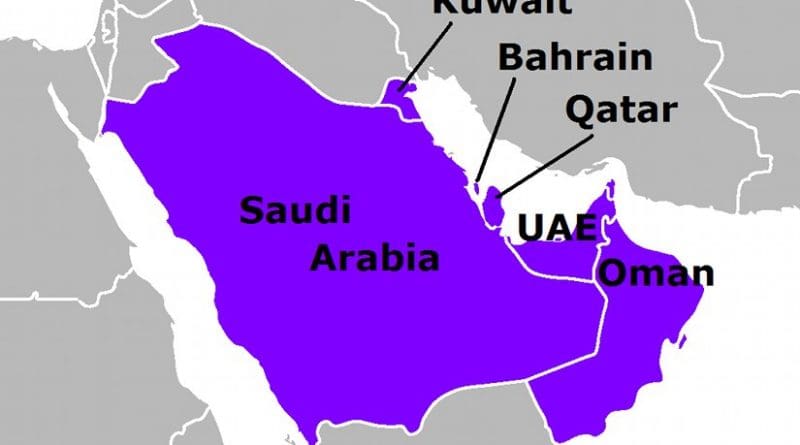Right Step By The Persian Gulf States – OpEd
On Monday, at a special meeting of the Gulf Cooperation Council (GCC) in Qatar, an important step toward reconciliation with Iran emerged in the form of a joint statement that endorsed, albeit cautiously, the recent Iran nuclear agreement.
Credited to a large measure to the efforts of U.S. Secretary of State John Kerry, who attended the meeting, the GCC’s official announcement stands in sharp contrast to the strong objections of Israel, whose Prime Minister Benjamin Netanyahu increasingly find himself isolated both abroad and at home, in light of a major statement by a formidable group of former officials questioning the government’s negative stance vis-a-vis a deal that they terms as “fait accompli.”
Perhaps the GCC officials have reached the same conclusion, thus setting aside some of their earlier hesitations in favor of a more explicit endorsement of a deal — that is bound to impact the Persian Gulf’s strategic environment.
Henceforth, assuming that the deal will survive a Congressional review and gets implemented by both sides without a major hitch, the long-standing rift between Iran and the GCC states led by Saudi Arabia will likely start to heal, depending of course on political will by both sides.
The GCC’s endorsement is also partially due to Iran’s proactive regional diplomacy that is spearheaded by the resourceful Foreign Minister Mohammad Javad Zarif, who toured the region recently and has been constantly hammering the point on the need for greater regional cooperation on the common goods, e.g., joint efforts against the menace of terrorism.
As a result, the Rouhani administration can now legitimately boast about the tangible dividend of the nuclear deal, that has raised some questions at home with respect to its implications for Iran’s national security. An emerging thaw in Iran-Saudi relations, nested in the above-mentioned GCC statement, will likely be deepened in the coming weeks and months, barring unforeseen developments.
The ground work has been slowly paved for a future Zarif visit to Riyadh and, should that happen, we can safely assume a forward movement on a host of regional issues, including Yemen and Syria.
Of course, it is perfectly possible that in their complicated web of relations, Tehran and Riyadh might not reach a common understanding of the on-going regional conflicts and tensions, which involve a host of other players singing to their own tunes, but there is no alternative to dialogue and candid exploration of options.
With respect to Syria, the nuclear deal has been followed by a new U.S.-Turkey agreement that allows the U.S. use of Turkish bases for attacking the ISIS bases inside Syria, i.e., welcome news as far as Tehran is concerned, given the shrinking territory held by the government of Bashar al-Assad, which has applauded the nuclear deal — for good reasons, e.g., it changes the region’s security calculations to the detriment of ISIS and Al-Qaeda (affiliates).
As for the strictly Persian Gulf affairs, the stage is now set for meaningful future security dialogue between Iran and the GCC, which might also directly involve Iraq in such formats as a new pan-Gulf security forum. In other words, we may be on the verge of witnessing the emergence of a new regional format that would in turn facilitate greater inter-regional select cooperation — on terrorism, narco-traffic, smuggling, piracy, environmental security, and the like. Concrete confidence-building measures would need to be implemented and the magnitude of bilateral and multilateral interactions enhanced over time before the existing gaps between the GCC bloc and Ira would be completely removed. Nevertheless, the Monday announcement was a good start forward toward renewed Iran-GCC ties that include important economic and trade dimensions as well.
Optimistically speaking then, the ties of interdependence between the two sides will grow again after a temporary hiatus caused by the Iran sanctions, thus setting into motion a new dynamic chapter in good-neighborly relations between Iran and its conservative Arab neighbors. The narrative for the dawn of a new regional diplomacy has now been turned explicit by the GCC’s endorsement of the nuclear deal, which in essence is tantamount to their declaration of intent to reset their relations with their Persian neighbor.

